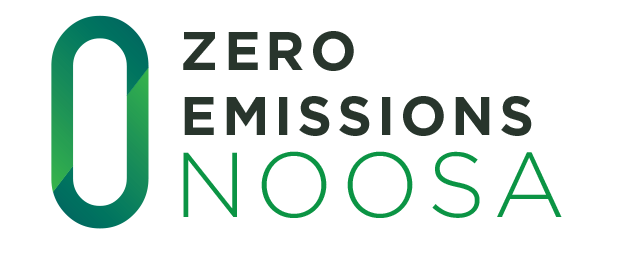Race to Zero - Behaviour Change Program for Noosa Schools
Check out live electricity data for Noosa, including solar generated, consumed and exported, as well as electricity used from the grid
Noosaville State Primary game-ified data on the Planet Watch APP for IPAD. Each school is depicted as a planet in the solar system and the health of your planet is dependant on the real energy decisions you make.
cooroy State Primary School
Cooroy is our Shire’s first school to Race to Zero, students and teachers will soon be learning how to utilise their real time energy data in the curriculum. They are now joined by Noosaville and Tewantin Primary Schools.
The solarschools.net website provides everything the school needs including week by week lesson plans. Join today and gain insights into your energy use over the summer holidays. The educational potential is endless!
Reducing Energy waste in Noosa Shire Schools
Race to Zero is Zero Emissions Noosa’s school based behaviour change program. The energy efficiency education program utilises www.solarschools.net supported by real time data from each individual school meter. Each school has a dedicated page of the website on which its real time data is graphed and displayed for use in the curriculum. The data and associated education resources are fully aligned to the Australian Curriculum allowing students to explore, hypothesise and act on their own energy use. As part of this ZEN program, students will learn how to conduct energy audits and set reduction targets as they Race to Zero Emissions.
Schools are one of our region’s largest energy consumers. To view some of the real time data for our participating schools go to The School Live Data page
Reducing energy use in schools not only reduces energy bills, it sets a tone of behavioral change which is based on the reduction in wasteful behaviours. By providing energy efficiency education to our next generation of energy consumers we hope to engender their understanding of the impacts of low emissions living.
Launch of the Race to Zero Program at Tewantin State Primary.
Left to right - Dalia Mikhail ZEN, Mayor Clare Stewart, Sandy Bolton MP, Rob Jennings Principal and Ezra Rameka Student Leader.
Thanks to Noosa Council funding and in conjunction with the Department of Education, Race to Zero invites Noosa schools to join the program. The program will not only provide your school with access to real time energy data linked directly to the energy curriculum. Zero Emissions Noosa will also provide full curriculum education support through a dedicated ZEN Project Officer Dalia Mikhail. She will come to your school, conduct staff or student training and support your use of the data in the classroom.
Register today to ensure your school is online with real time data while the COVID 19 restrictions are in place, that way your school will have access to the data both during the lockdown and when back at school. This will give your students some great real time data to work with in the classroom. Thanks to Noosa Council for providing ZEN with an extension to the delivery of this program we can now work with schools till December 2020!
Compare this with your energy consumption when school resumes to full operations in Term 3. ZEN will show you how to utilise this data in your math’s and science classrooms, the real-life hypothesis potential is limitless. Register your interest at info@zeroemissionsnoosa.com.au
Race to Zero – Benefits for Education
Maximise teaching outcomes
Comprehensive unit plans, lesson plans and student resources enhance the quality of lessons, while teaching becomes more time and resource efficient.
Encouraging pathways for further discovery
Students can broaden and deepen their understanding of themselves and how their actions influence the world around them.
Inspire students to learn and problem solve
Students seek to apply real-world knowledge, understanding the value and relevance of what they are learning.
Promote student success
Applying concepts in different ways provides an alternate pathway to student learning, creating a strong sense of achievement.
Build professional connections
Teachers develop a deeper appreciation of each other's expertise, enriching lessons and learning opportunities for students.
St Thomas Goodwin school present www.solarschools.net & Planet Watch learnings.
Watch this short video of how St Thomas Goodwin has integrated the Solar Schools program into their classroom activity, these small actions at a grassroots level are world changing.
While all Queensland Government State Schools are already connected to the www.solarschools.net service, access to real time energy data will only be available to participating Race to Zero schools.
Race to Zero schools now accessing real time energy data include:
We look forward to working with the students and teachers from these schools in Term 1, 2021.
Take advantage of this great program today and join the Race to Zero contact ZEN at info@zeroemissionsnoosa.com.au
You can also read an article about the program featured in the Q2 2020 EnergyNews publication.



